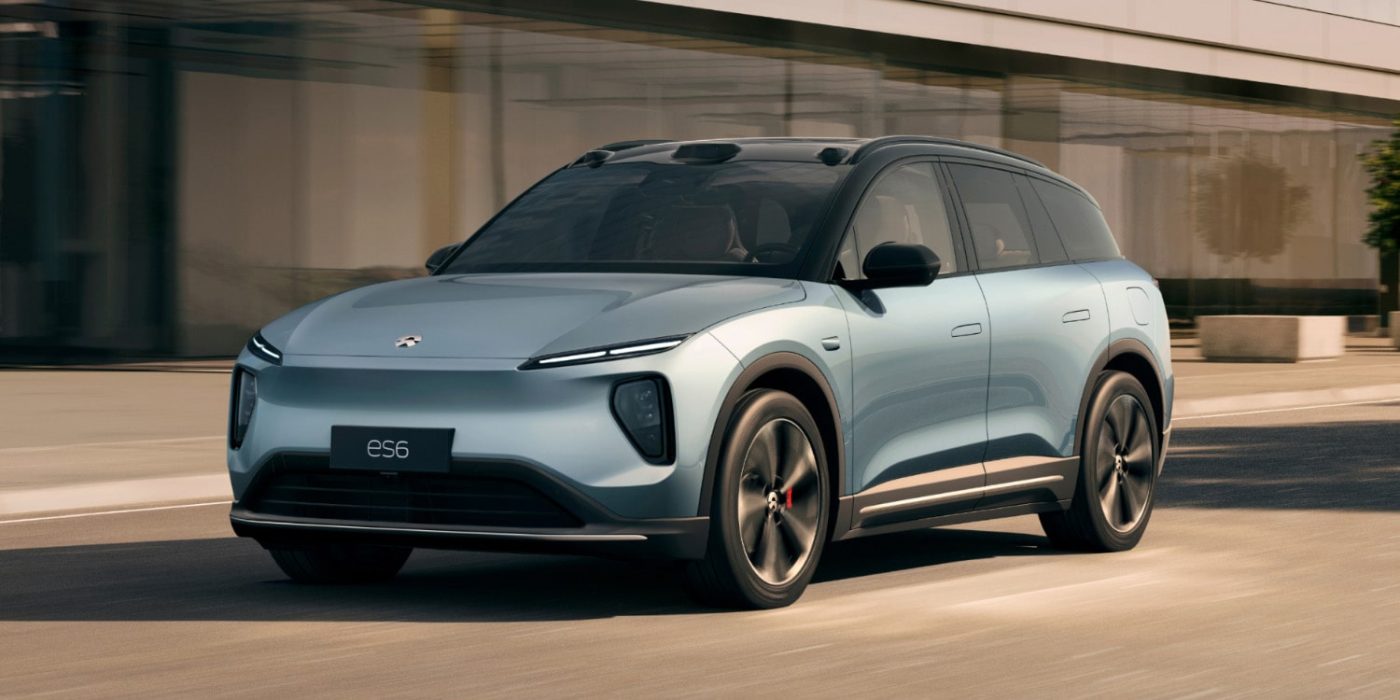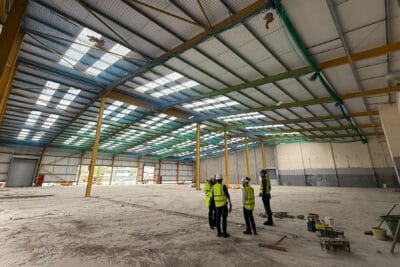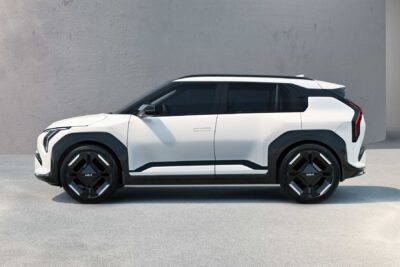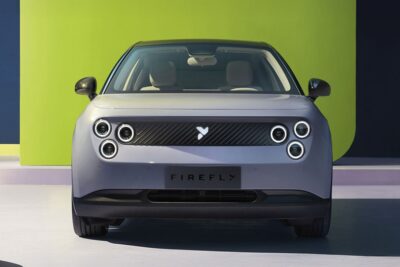Nio integrates 150 kWh semi-solid state batteries
In China, battery specialist WeLion has delivered its first semi-solid-state battery cells to electric car manufacturer Nio. Nio will use the cells in its 150 kWh battery pack and is aiming for the first deliveries of e-cars with these battery packs before the end of July.
At a ceremony last week, the first delivery of cells is said to have been realised, a guarantee commitment on the part of WeLion and an “annual order” signed, reports the portal CN EV Post with reference to a press release of the battery manufacturer. There is no information on the quantity or value of the order. Originally, the start of cell supply was planned for 2022. After several delays, William Li, chairman and CEO of Nio, confirmed for the first time at the end of May that the 150 kWh semi-solid-state battery pack will be available in July.
Li said this in the context of the unveiling of the new ES6 – and also mentioned that the ES6 with the new battery would manage a range of 930 kilometres according to Chinese standards. Earlier statements by Nio also promised over 1,000 kilometres in the ET7 and 850 kilometres in the ES8 – although here still according to NEDC.
Only a few key points are known about the 150-kWh battery pack itself. The system offers an energy density of 360 Wh/kg and Nio vehicles equipped with it are said to weigh “only 20 kilograms more than before”, as CN EV Post writes with reference to earlier registration documents. The semi-solid-state cells themselves have a solid electrolyte, an anode material made of a silicon graphite composite and a cathode with “ultra-high” nickel content.
The portal also quotes Qin Lihong, co-founder and president of Nio, who is reported to have said at an event in February that “the 150 kWh battery pack costs about as much as an ET5 sedan“. Prices of the model currently start at 298,000 yuan (just under 38,000 euros). However, according to Lihong, the pack will not be available for purchase at first, but only for rent.
This is part of the manufacturer’s business principle: since all Nio models are compatible with the company’s own battery swap technology, customers can also swap the battery model afterwards. Initially, this was not possible; only batteries of the same type could be exchanged. However, after a pilot project, Nio announced in December 2021 that customers can upgrade their battery packs monthly as needed. Currently, there are packs with 75 or 100 kWh.
At the current delivery ceremony, Zeng Shizhe, Vice President of Nio Battery Systems, is quoted as saying that the delivery of this Li-ion battery cell is good news for all Nio owners who can continue to enjoy the benefits of the battery upgrade. “Today’s delivery is just a small step in the joint development of WeLion and Nio, and hopefully this small step will lead to a big technology leap for the whole industry.”
Beijing-based battery specialist WeLion began production of the first semi-solid-state battery cell in December 2022 at its battery factory in Huzhou, East China’s Zhejiang province. The company had completed the construction of the plant within a year. In March this year, WeLion also heralded the construction of another factory for hybrid battery cells with solid and liquid electrolyte as well as for pure solid-state battery cells in Zibo in the eastern Chinese province of Shandong. At the delivery ceremony, WeLion also announced that a research and development centre had gone into operation in Huzhou.
Meanwhile, the partnership with Nio is not exclusive. According to an earlier statement by Tian Qiyou, general manager of WeLion’s Huzhou factory, WeLion wants to work with “leading international automakers” to ensure that “subsequent mass production progresses steadily as planned”. However, WeLion did not specify which carmakers these are.





3 Comments